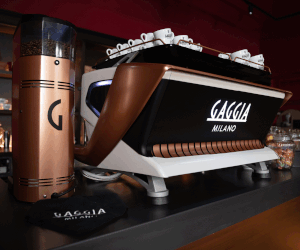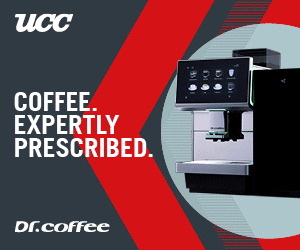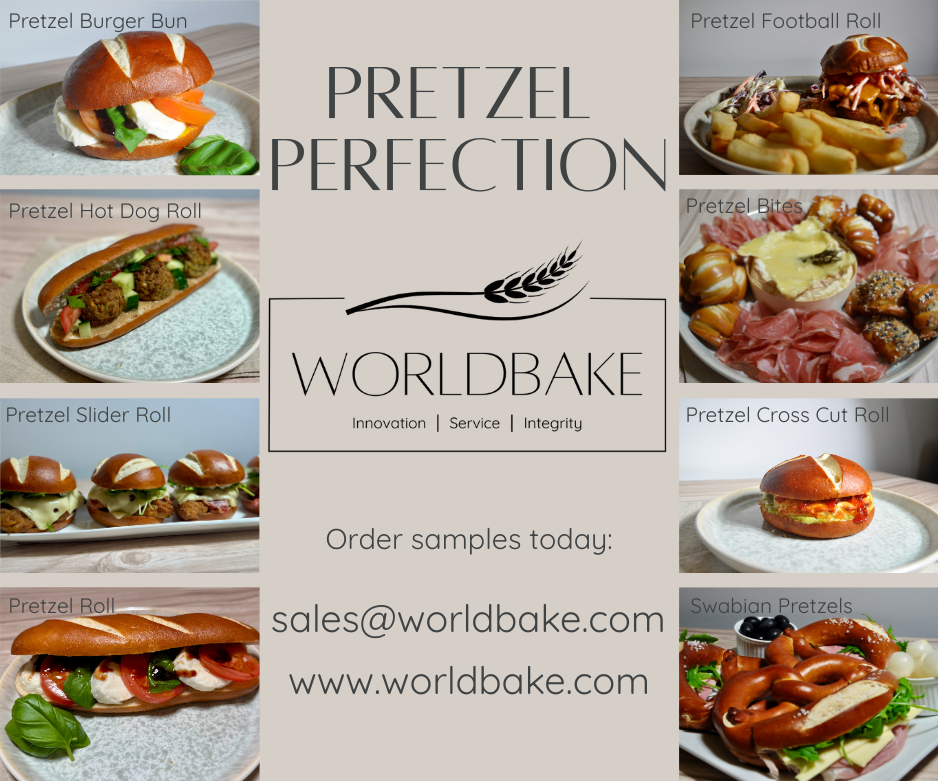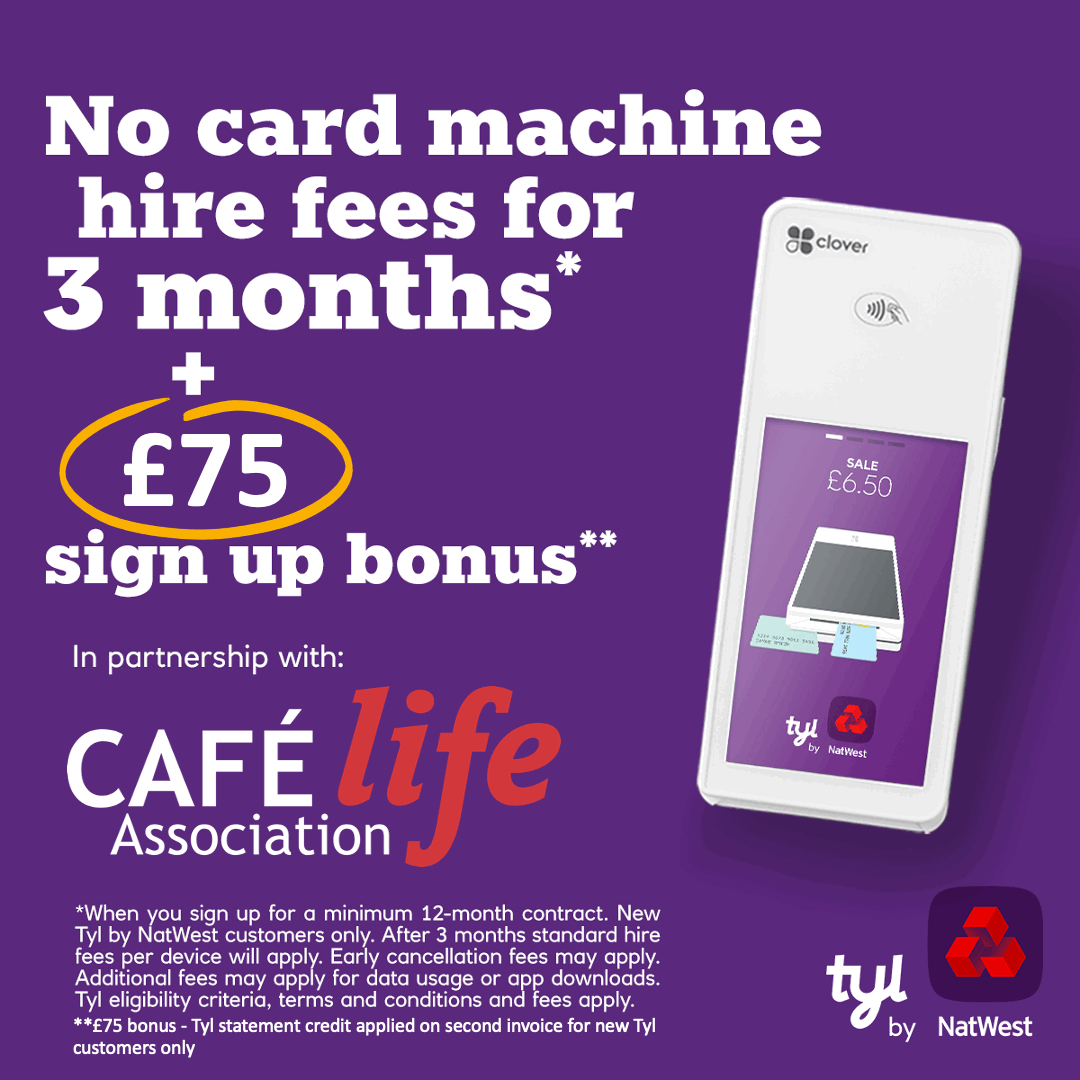Gavin Ellis is director and co-founder of environmental organisation, Hubbub. Here, he delivers invaluable insight into current and future packaging and waste trends.
What do cafés/coffee shops need to consider in terms of packaging and waste systems?
The three main areas are recycling, reuse, and legislation relating to cups. Recycling is key because, in the short term at least, cafés are going to be relying to some extent on single-use packaging, so it’s important that products are sold in easily recyclable packaging. If consumed in-store, recycling bins and communications should be provided if possible. If packaging is likely to leave the store, then consider what recycling facilities are available in the area and try to fit with that as much as possible.
Secondly, are there opportunities for reuse? This is where the significant sustainability gains can be found. Customers can be incentivised to bring their own reusable cups, for example with discounts, but there are also opportunities for collaboration. See Hubbub’s Reuse Systems Unpacked report for more information.
Finally, from 2024, mandatory cup takeback comes into effect for businesses selling paper cups and employing 10 or more full-time equivalent employees, to provide a dedicated bin for the separate collection and recycling of cups. This will be accompanied by a data reporting requirement. There is talk of a potential charge on single-use cups (sometimes called a latte levy) being introduced in Scotland in 2025, although details have not been released.
Has government legislation and messaging been clear and transparent?
There has been some progress. However, generally speaking, things have been slow over the past five years. We also saw the 11th hour delay of the Deposit Return Scheme in Scotland, now scheduled for October 2025 at the earliest as part of a UK-wide scheme. Most of the emphasis has been on recycling solutions – and at Hubbub we’d like to see greater focus on reuse as a sustainability solution for foodservice. We’ve been working on a number of trials, such as The Bring it Back Fund supported by the Starbucks 5p cup charge, which is funding six pioneering food and drink reuse schemes.
How do you think the sector has responded?
It’s a mixed picture, on the whole. Most major cafés offer a form of discount for reusable cups, but more could be done to promote this. There was good progress on reuse pre-pandemic, but it has fallen down the agenda. The National Cup Recycling Scheme brings together many of the major players to improve cup recycling rates, which has seen positive results.
We have observed that cafés sometimes look for quick solutions which are not fully thought through, such as compostable cups when there are no nearby compost bins to collect them. The new mandatory cup takeback scheme comes in next year, dramatically increasing the number of cup recycling points. Our advice to cafés is single-use cups, which can be recycled (compostable cups generally can’t), while communicating to customers how and where they can recycle. Alongside that, it’s important to look for opportunities to boost reuse.
Away from packaging, there has been progress in terms of availability of vegetarian and vegan options, and it has been encouraging to see both large chains and small independents offering price parity for non-dairy milk alternatives.
Is there more we should be doing as an industry?
The first thing is to offer better recycling options – and communicate them clearly. It’s also important to sell products in packaging that is easily recyclable. On reuse, look for opportunities to collaborate with other local cafés. There are brilliant examples of this popping up all over the country, including London, Bristol, Shrewsbury, Bradford and the Scottish Highlands.
Finally, try to avoid adding a premium for sustainable options where possible, because that will deter people.
What are customers looking for?
Our experience is that the majority of the public accept that more needs to be done on sustainability and want to do their bit, but they’re also seeking convenience and don’t want to pay extra.
Overconsumption of resources is at the core of the issue. Our research suggests that there is public appetite for reuse: we conducted polling recently which showed that 57% want it to be easier, more convenient and widespread to reuse; 49% want to be able to buy food/drink/beauty/cleaning products without single-use packaging; and 55% think retailers and brands should provide additional reuse options.
You’ve had just under a decade at Hubbub. How has that business evolved?
The landscape has changed massively in the nine years since we set up Hubbub – and there is a far greater public and industry appreciation of the magnitude of the environmental challenges we face. But we are still a long way from finding workable, scalable solutions – and that’s what Hubbub is focused on. We have a firm belief that the public are willing to change, but they need support from businesses and government to do so.
In the next decade, I see public concern about environmental issues rising further. The introduction of packaging legislation in the EU is completely changing the foodservice industry, which is a sign of what we can expect in the UK. Bans and charges will become more common, so our advice is: don’t bury your head in the sand. Embrace what’s coming to make our society more sustainable, so you’re better prepared when legislation comes.
